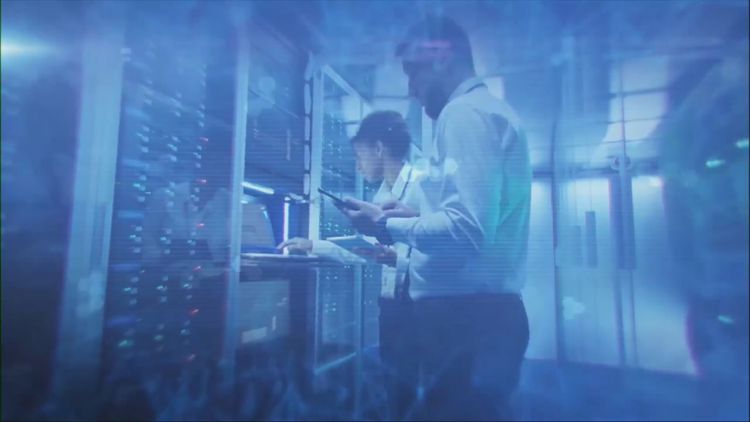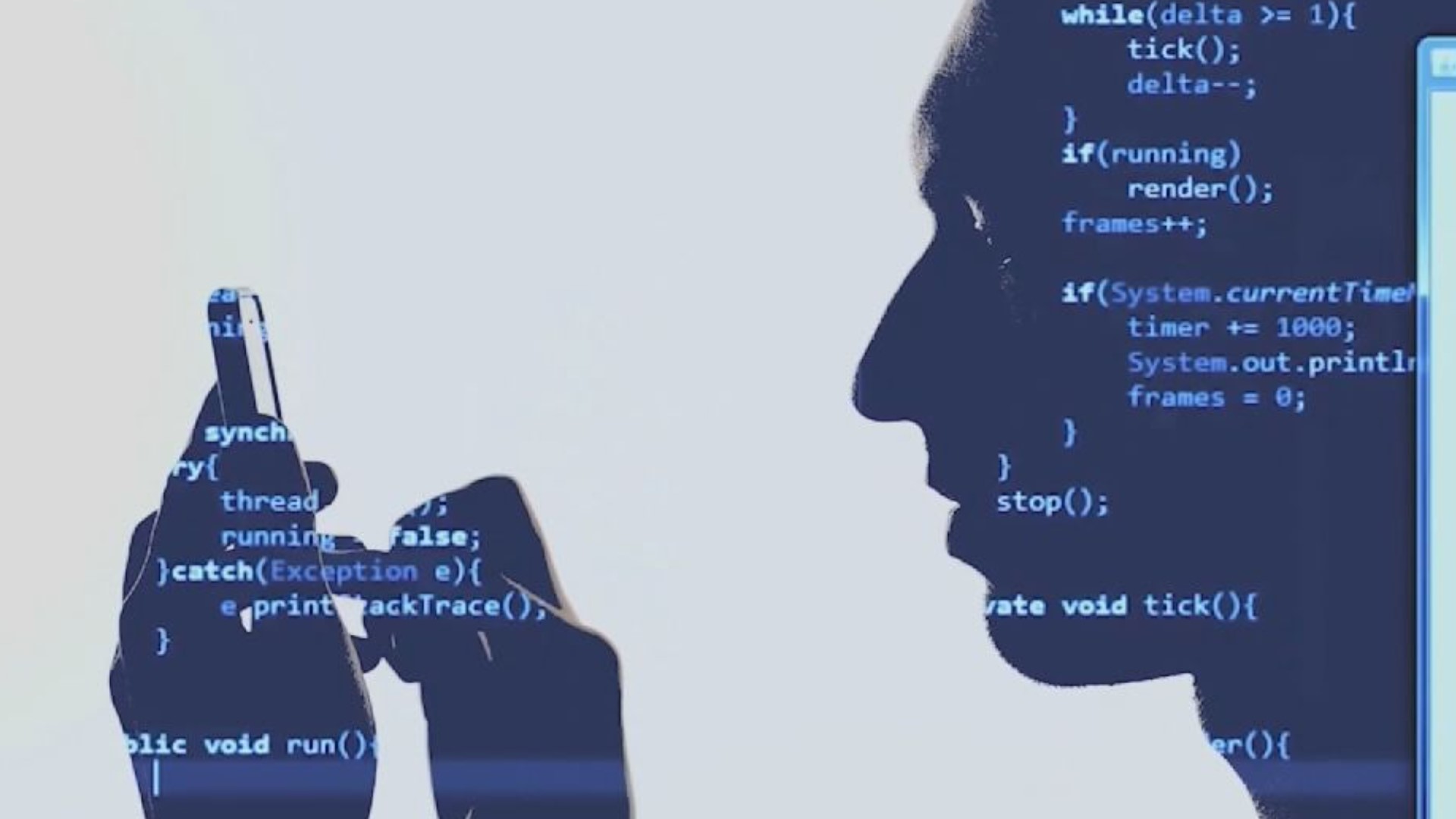PENNSYLVANIA, USA — Artificial intelligence is poised to permanently impact the way we work and how fast we can complete tasks.
"When you look at it from both a Wall Street and a Main Street perspective, it really comes down to productivity," said Jamison Rotz, CEO of Harrisburg-based company Nearly Human AI.
"You’re going to see that A.I. is going to be pushed into our lives and is going to be most valuable in our lives in ways that are productivity-enhancing," said Stefan Lewellen, assistant professor of finance at Penn State University.
Lewellen said AI has been accelerating at a rapid pace and expects more companies to use the technology alongside employees to take on some of the busy work.
"I don’t think that AI is going to take over the planet anytime soon. I do think it will be able to, for example, reduce the amount of work that a typical professor like me has to do," Lewellen said.
"This is the time when we also need to spend a little bit of effort worrying about or thinking about what our desires are for society and how we want to move this forward in a way that’s truly good for everyone," Rotz added.
While AI has the potential to improve efficiency, it may also threaten some jobs, especially those involving data entry and simple task management.
"On the net, it’s going to be positive for employment," Lewellen suggested. "The challenge is there are people that don’t have the skills right now and if AI replaces them there’s going to be this disruption period which we’ve seen with manufacturing, which we’ve seen in a lot of other areas. I think that’s the issue. There are going to be some people that struggle as a result of this transition."
Lewellen encourages students and professionals to familiarize themselves with the technology, anticipating future roles to be AI-intensive.
But the changes won’t happen right away.
Experts said the technology isn’t where it needs to be to operate on its own as it still deals with “hallucinations.”
"When it comes to actually automating and the enterprise space, 20% to 25% error rate is just far too high in order to let a system take a problem and run with it," Rotz said.
"The next 20 to 24 months is going to be a really crucial inflection point for this technology," Lewellen said.



